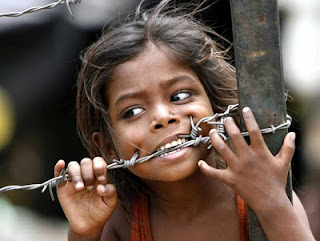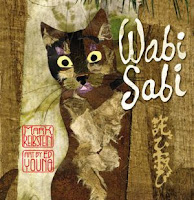A Buddhist Reads The Bible - Luke 12:32-38

Regular readers might recall that my partner is a Christian minister. As such, we often find ourselves discussing whatever Bible passages she might be reflecting on for an upcoming sermon. This past week the lectionary included a reading from the Gospel according to Luke. When she asked me what I thought of it, I immediately saw its abundant potential for initiating Buddhist/Christian dialogue. The passage is Luke 12:32-38. I’ll quote it in its entirety before reflecting upon it further: 32 “Do not be afraid, little flock, for it is your Father’s good pleasure to give you the kingdom. 33 Sell your possessions, and give alms. Make purses for yourselves that do not wear out, an unfailing treasure in heaven, where no thief comes near and no moth destroys. 34 For where your treasure is, there your heart will be also. 35 “Be dressed for action and have your lamps lit; 36 be like those who are waiting for their master to return from the wedding banquet, so t...


